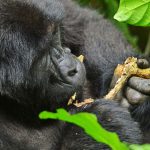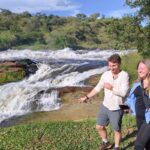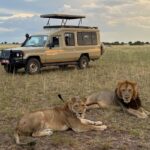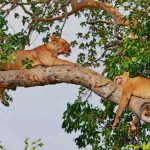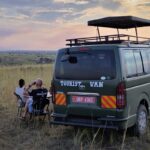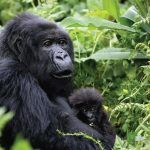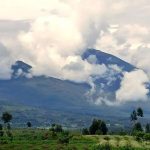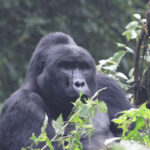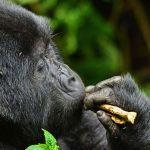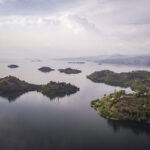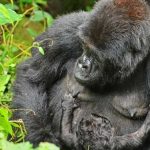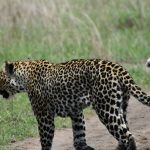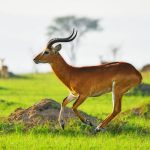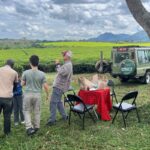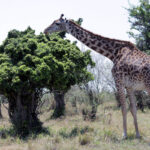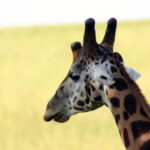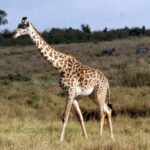What is Chimpanzee Tracking in Rwanda?
Chimpanzee tracking in Rwanda is one of the most captivating wildlife experiences that combines adventure, conservation, and a deep connection with one of our closest relatives in the animal kingdom. While Rwanda is widely known for its famous mountain gorillas, chimpanzee trekking offers an entirely different perspective on the country’s extraordinary wildlife. Located in the lush, verdant landscapes of Rwanda, chimpanzee tracking allows visitors to explore the lives of these highly intelligent primates in their natural habitat. In this article, we’ll delve into what chimpanzee tracking in Rwanda entails, its significance, the experience itself, and how it can be combined with other thrilling activities like gorilla trekking.
The Significance of Chimpanzee Tracking in Rwanda
Chimpanzees (Pan troglodytes) are one of the most intelligent and emotionally complex species on Earth, sharing around 98% of their DNA with humans. Rwanda is home to one of the few places in Africa where you can track these primates in the wild—Nyungwe Forest National Park. This lush, dense rainforest is a biodiversity hotspot and provides the perfect setting for observing chimpanzees as they go about their daily routines. The park offers a rare opportunity to witness these incredible creatures in their natural habitat, offering a profound experience for anyone interested in wildlife and conservation.
Chimpanzee tracking is not just about spotting these incredible animals; it is also an important part of conservation efforts. By visiting Rwanda for chimpanzee tracking, tourists contribute to the protection of chimpanzees and their fragile ecosystem. Revenues from tourism fund vital conservation programs, helping ensure that future generations will be able to experience the wonder of these magnificent animals.
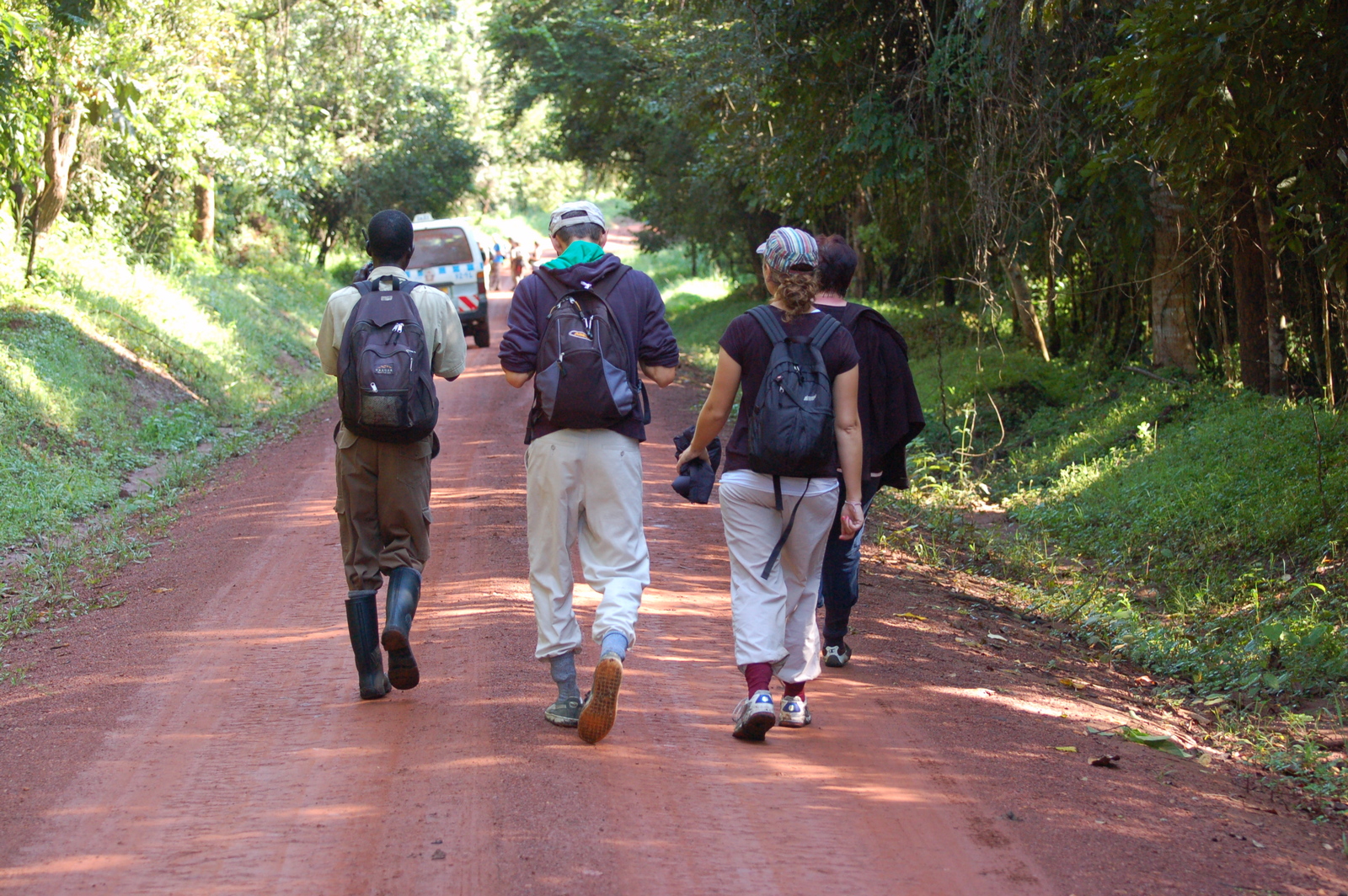
The Nyungwe Forest: A Chimpanzee’s Habitat
Nyungwe Forest National Park, located in the southwestern part of Rwanda, is the primary destination for chimpanzee tracking. Covering approximately 1,000 square kilometers, Nyungwe is one of the oldest rainforests in Africa, and its unique ecosystems are teeming with life. Apart from chimpanzees, the park is home to a wide range of primates, including colobus monkeys, baboons, and grey-cheeked mangabeys, making it a paradise for primate lovers.
The park’s terrain is diverse, featuring mountain ridges, deep valleys, and a wide variety of plant species. Chimpanzees in Nyungwe are usually found in the dense rainforest, where they live in troops and exhibit complex social structures. The area is protected and carefully managed to ensure the well-being of the wildlife and maintain the park’s biodiversity. The trekking experience in Nyungwe is not only about observing the chimps but also about immersing oneself in the beauty of this ancient forest, with its towering trees, fresh air, and captivating sounds of wildlife.
The Chimpanzee Tracking Experience
Preparation and Requirements
Before embarking on a chimpanzee trek, it is essential to be prepared both physically and mentally. The trekking experience involves navigating through rugged terrain, often requiring a moderate level of fitness. The trek itself can take anywhere from one to four hours, depending on where the chimpanzees are located within the park. Guides, who are local experts with in-depth knowledge of the forest and its inhabitants, accompany all groups. They help ensure that the trekking experience is not only safe but also educational, providing insightful commentary on the chimpanzees’ behaviors, as well as the flora and fauna of Nyungwe.
The Trek
Once the group is briefed and ready, the trekking adventure begins. As trekkers make their way through the forest, they might encounter other wildlife along the way—such as colorful bird species, butterflies, and perhaps even some of the other primates that call Nyungwe home. It’s important to remember that chimpanzees are wild animals, and there’s no guarantee of an encounter, though sightings are very likely.
The guides track the chimpanzees by following their nests, droppings, and calls. Chimpanzees are social creatures and tend to move in groups, though they can be difficult to spot in dense undergrowth. However, when trekkers finally reach them, the experience is awe-inspiring. Watching the chimpanzees interact, forage for food, or even play with each other is an unforgettable experience. Visitors may also see a range of behaviors, such as grooming, foraging for fruits, or swinging between trees.
Interactions with the Chimpanzees
Chimpanzees are naturally curious creatures, and they may approach humans cautiously, allowing for a close encounter. However, visitors must respect the primates’ space and maintain a safe distance. This ensures both the safety of the chimps and the trekkers, as well as adhering to the ethical guidelines that protect these animals and their habitats.
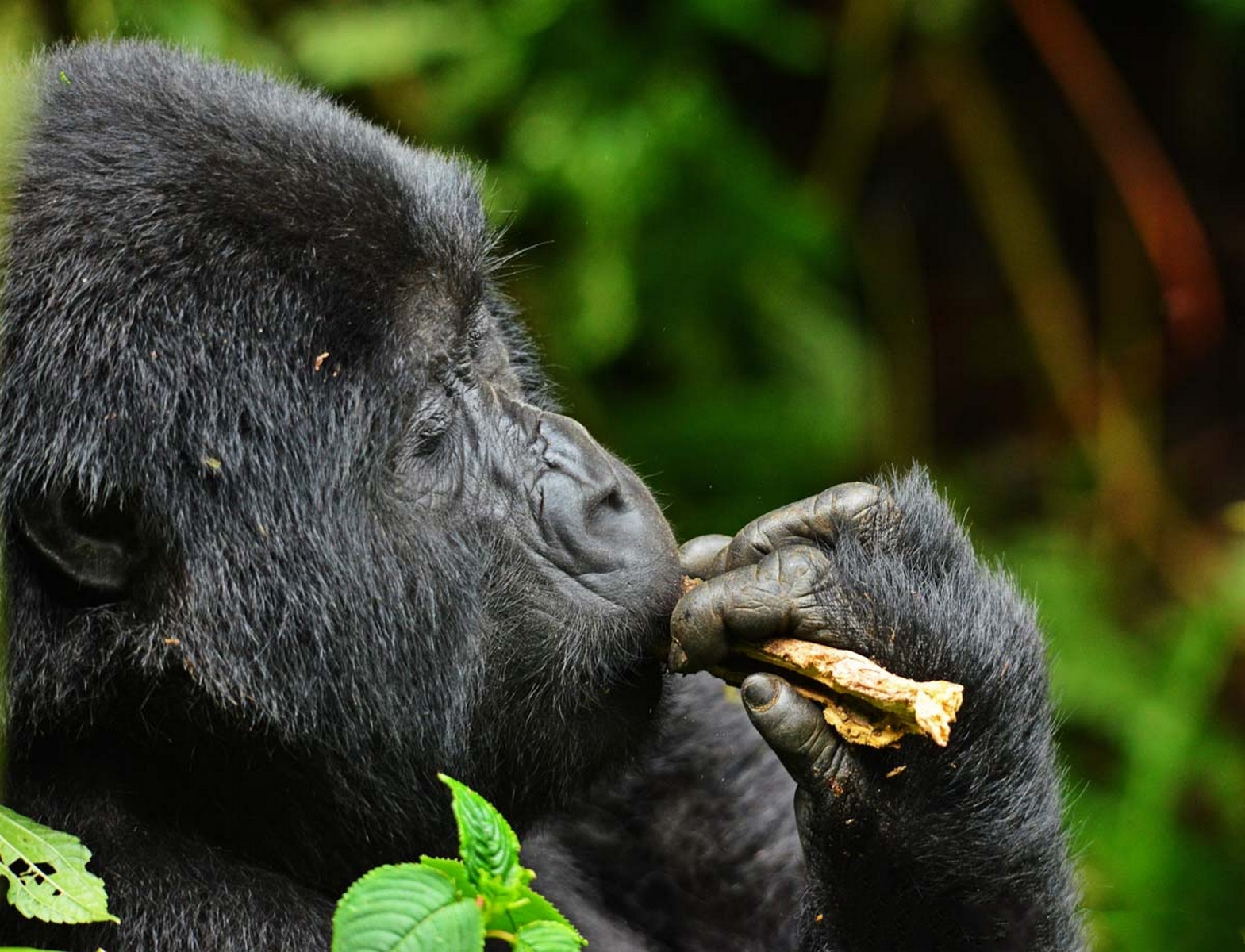
Gorilla Trekking in Rwanda: An Add-on Adventure
While chimpanzee trekking in Rwanda is a memorable experience in itself, many travelers choose to pair it with the iconic mountain gorilla trekking. Rwanda is world-renowned for its successful conservation efforts and the opportunity to trek into the Volcanoes National Park to see mountain gorillas in their natural habitat.
Gorilla trekking and chimpanzee tracking are complementary experiences, allowing visitors to immerse themselves in Rwanda’s rich primate diversity. The contrast between the behavior of the two species—the shy, intelligent chimpanzee and the powerful, gentle mountain gorilla—offers a deeper appreciation of primates’ varying characteristics and their different roles in the ecosystem.
Conservation and Community Involvement
One of the most important aspects of chimpanzee tracking in Rwanda is its role in conservation. Both the Nyungwe Forest and the chimpanzee population are protected through local initiatives and community involvement. Rwanda’s approach to wildlife conservation is community-based, meaning that local communities are actively engaged in preserving their natural resources. Revenue from chimpanzee tracking fees directly supports conservation efforts, including anti-poaching patrols, habitat restoration, and education programs for local communities.
In addition to conservation, the local communities around Nyungwe Forest benefit from the income generated through eco-tourism. This supports sustainable livelihoods, providing employment opportunities as guides, porters, and in hospitality sectors. By participating in chimpanzee tracking, visitors are supporting local economies while also contributing to the conservation of Rwanda’s natural heritage.
Why Choose Chimpanzee Tracking in Rwanda?
For wildlife enthusiasts and nature lovers, chimpanzee tracking in Rwanda provides a rare opportunity to connect with one of our closest relatives in the wild. The experience is both an adventure and an educational journey, offering insights into the lives of these fascinating primates. With Rwanda’s commitment to sustainable tourism, eco-friendly practices, and conservation, a chimpanzee trek is not only a memorable experience but also an opportunity to make a positive impact on the environment.
Whether you are visiting Rwanda for the first time or returning for an unforgettable wildlife experience, chimpanzee tracking in Nyungwe Forest is an incredible way to immerse yourself in the natural wonders of this African gem. Combined with the opportunity to trek with mountain gorillas, it makes for an exceptional wildlife adventure that you will cherish forever.
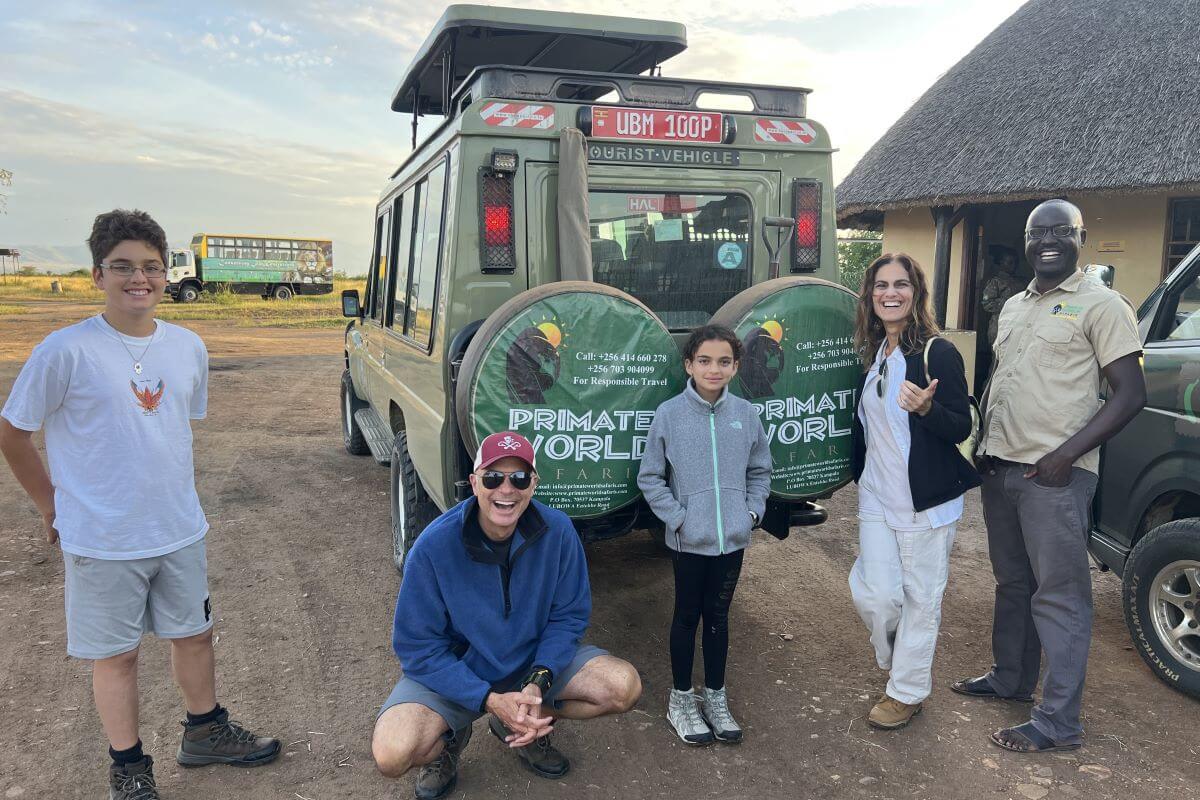
Conclusion
Chimpanzee tracking in Rwanda is a unique and thrilling experience that allows visitors to witness these incredible primates in their natural environment. The journey takes travelers through the heart of Nyungwe Forest, a biological treasure trove that provides an exceptional setting for the chimpanzee experience. As visitors track these intelligent and social animals, they contribute to Rwanda’s ongoing conservation efforts while gaining a deeper understanding of primates’ role in our shared ecosystem. It’s an adventure that, when combined with gorilla trekking, forms a quintessential wildlife safari experience in Rwanda.
Popular East Africa Safari Packages
- Gorilla Trekking & Masai Mara Safari – 8 Days
- Murchison Falls Luxury Wildlife Safari – 4 Days
- Ultimate Uganda Luxury Safari – 14 Days
- Uganda Wildlife Safari & Activity Holiday – 15 Days
- Wildlife & Primates Safari in Uganda – 9 Days
- 3 Days Rwanda Gorilla Trekking Safari
- Best of Rwanda Budget Safari – 6 Days
- Uganda & Rwanda Activity Holiday – 8 Days
- Uganda & Rwanda Wildlife Holiday – 20 Days.
- 4 Days Gorilla & Chimp Tracking Safari
- Classic Rwanda Safari – 10 Days
- Wildlife & Gorilla Trekking Holiday – 9 Day
- Group Adventure Holiday – 7 Days
- Uganda Wildlife Holiday – 8 Days
- Luxury Gorilla Tracking Safari By Road – 4 Days
- All-Inclusive Uganda Family Safari – 12 Days.
- Ngorongoro Crater & Lake Manyara Safari – 4 Days
- Eastern Uganda Safari Trail – 12 Days
- Grand East Africa Safari – 20 Days. Uganda, Kenya & Tanzania
- A Glimpse of Kenya Wildlife Safari – 5 Days

